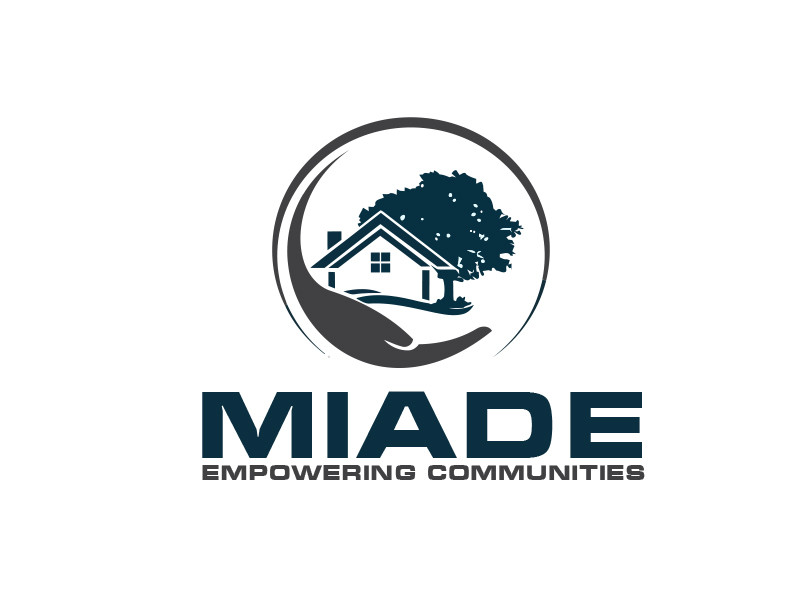Challenge: Enough food is not good enough.
Nearly 40% of Togolese children under 5 are malnourished, but surprisingly, not all of those children are going hungry. Even if you have enough food to fill your belly, that food still needs to be nutritious enough to strengthen your body. This is especially important in the first 1,000 days of a baby’s development, from the mother’s pregnancy through the child’s second birthday, when growing bodies and growing minds need the proper nutrients to develop and give the child their best start possible in life.
Miade’s Solution: Proper nutrition is a child’s best start.
Gardening and Cooking Demonstrations: Miade encourages families to devote small chunks of their land to household gardens. Rather than selling the garden’s produce in commercial markets, where farmers sell the majority of their crops, families use these easily maintained gardens to grow food for immediate consumption. Direct training sessions with community groups, as well as larger demonstration days, show families how they can grow diverse crops and prepare more complete and nutritious meals.
Social and Behavior Change Communication: This is the driving force behind Miade nutrition projects. Giving someone more nutritious food or a vitamin supplement does not solve a problem. Communities must grow more nutritious food and seek out supplementation themselves. Miade projects teach community members how to improve their nutrition, and our projects educate communities on the impact of nutrition on themselves and their children. Lastly, we empower our project participants to share this critical knowledge with their neighbors. This way, the driving force for improved nutrition ultimately becomes Africans themselves.
Vitamin Supplementation: Poor diets lead to critical deficiencies in important nutrients like Vitamin A. Malnourished children need to be supplemented with the nutrients they are lacking. Miade staff and trained extension workers educate communities on the importance of nutrition, and we mobilize community members to seek nutrition services at health facilities and to encourage their neighbors to do the same.


